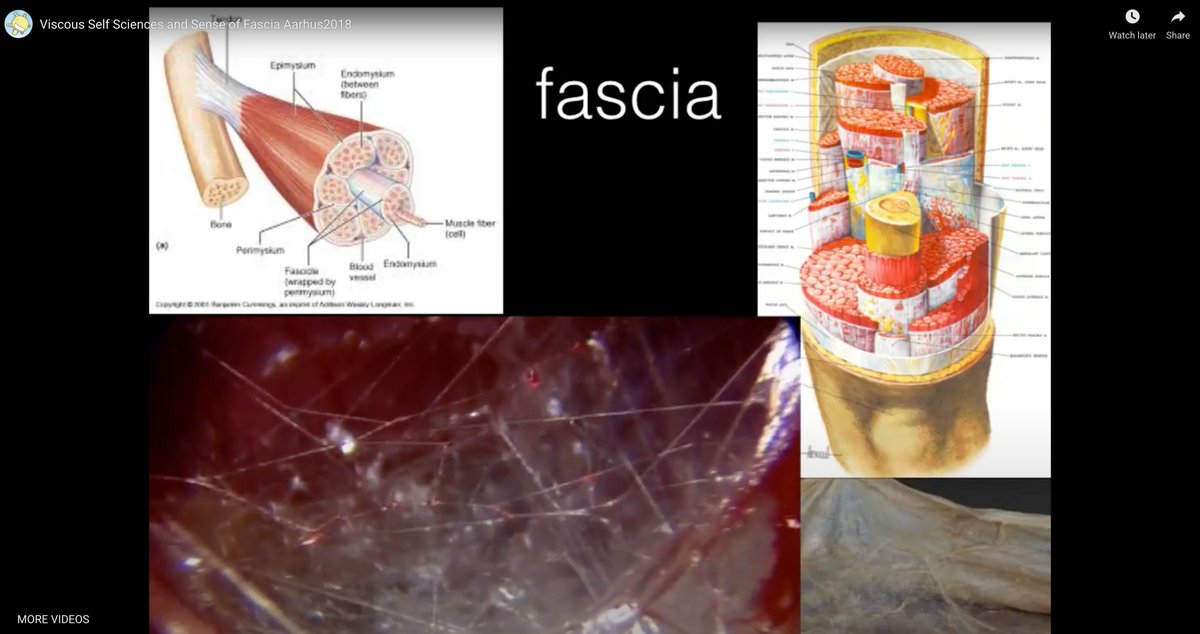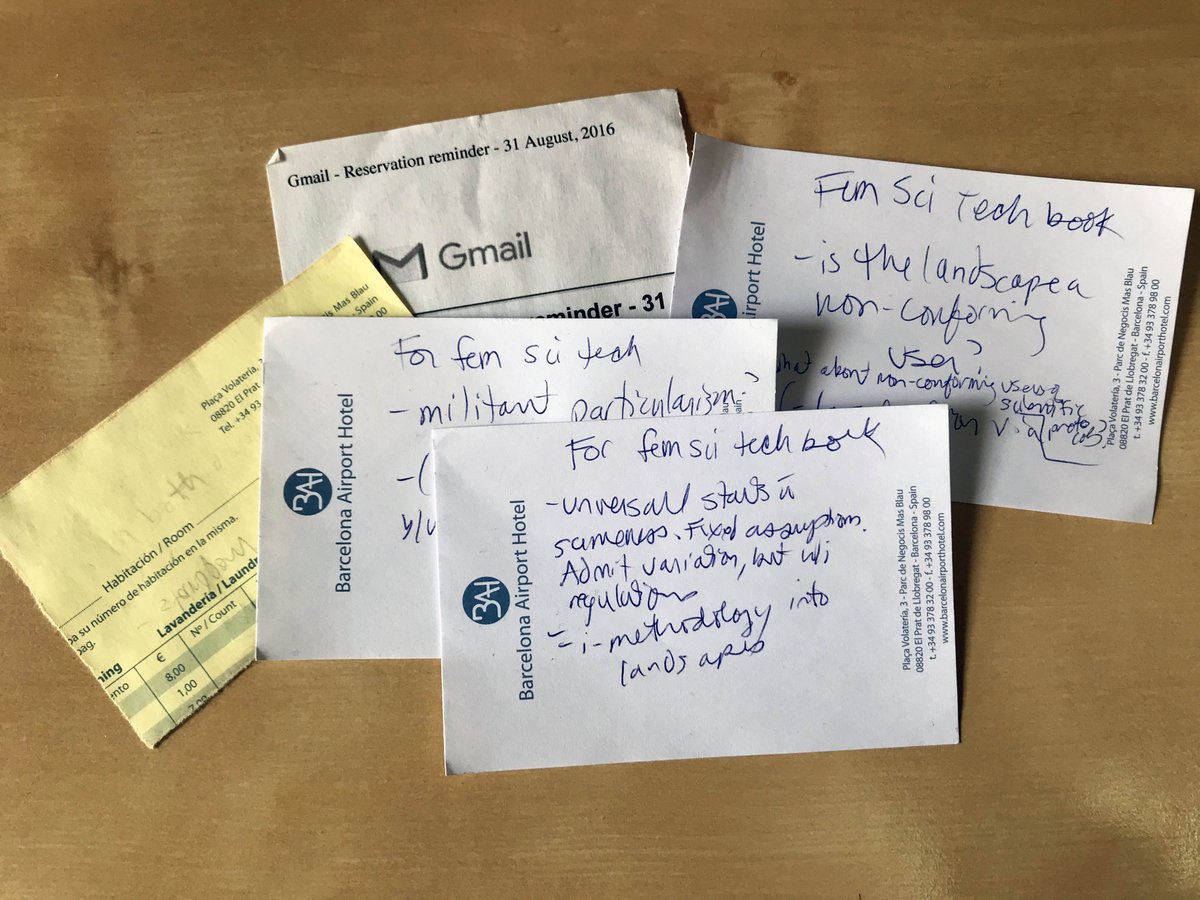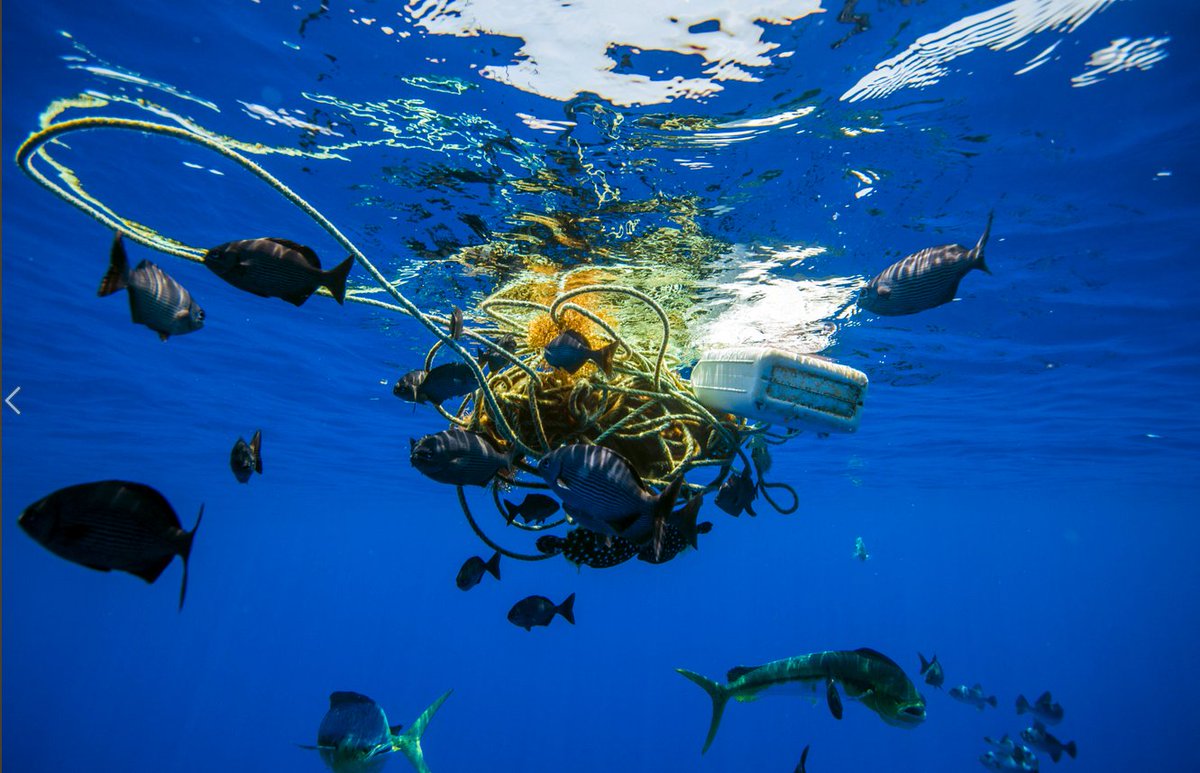And here& #39;s the launch! I& #39;m writing to you from St. John’s, Newfoundland and Labrador, the traditional homelands of the Beothuk. The province is also the homelands of the Mi’kmaw, Innu, and Inuit. The knowledge in #PollutionIsColonialism is very much grounded in this place. 1/12
When I first drafted #PollutionIsColonialism, it was about plastic. But 2 pivotal things happened @ the @4sweb mtg in Barcelona in 2016: Michelle Murphy gave a keynote about suspending damage-centered narratives & centering Indigenous "alterlife" 2/12 https://journal.culanth.org/index.php/ca/article/view/ca32.4.02">https://journal.culanth.org/index.php...
& Joe Dumit spoke about connective tissue as fundamentally relational. "Yes!" I thought. But then he was done. "But what KIND of relations?!" I thought. I left the conference early & locked myself in a hotel room near the airport & started to rewrite 3/12 #PollutionIsColonialism
This was the start of a *methodological* text abt how all things have land relations & you have to be *specific* abt relations to act well (aka ethics). There was no real paper in the hotel, so my early outline is on coasters & the back of receipts. 4/12 #PollutionIsColonialism
Overall, #PollutionIsColonialism argues that all actions- research, reading, writing, administration- have land relations, and these relations can align with or against colonialism. So let’s be intentional about this. 5/12
#PollutionIsColonialism does 4 things (I think): 1. It frames methodology as a way of being in the world, as an ethic of land relations. Colonialism & anticolonialism both have land relations. I tried to enact these ethics in the *way* the book was written (e.g. footnotes, jokes)
2. It redefines pollution *as* colonialism, not a byproduct of colonialism. Using land as a place to assimilate or store pollution (including the amounts allowed by regulation!) is a land relation where land is a resource for non-Indigenous futures 7/12 #PollutionIsColonialism
This means environmental regulation is not the opposite of colonialism. The inclusion of Indigenous ppl in pollution science is not the opposite of colonialism. Stopping non-Indigenous assumed access to land is the opposite of colonialism (aka Land Back) #PollutionIsColonialism
3. The book uses plastics as a case study to refute colonialism. Rather than seeing it as a toxic substance that must be annihilated (a brutal relation), it looks at various ways plastics *are* land, extend land, AND harm land. It& #39;s not simple. 9/12 #PollutionIsColonialism
4. #PollutionIsColonialism shows how @CLEAR_Lab_ does anticolonial science on plastic pollution. Community peer review, judgmental statistics, returning samples to the land & other examples. I try to show how anticolonial science is already here 10/12 https://www.preprints.org/manuscript/201806.0104/v1">https://www.preprints.org/manuscrip...
The text is an effort at anticolonial academic writing. Eg using footnotes to thank ppl, have side conversations w/ specific audiences; annotating when scholars mark their land relations & when they don& #39;t; Canadian spelling indicates place-based knowledge #PollutionIsColonialism
Thanks for reading this far! My goal for the book is that it is *useful* and *generative* for readers. I look forward to hearing how that does (and doesn& #39;t, I& #39;m sure) happen for others. Now I& #39;ll turn it over to hosts! 12/12 #PollutionIsColonialism

 Read on Twitter
Read on Twitter






